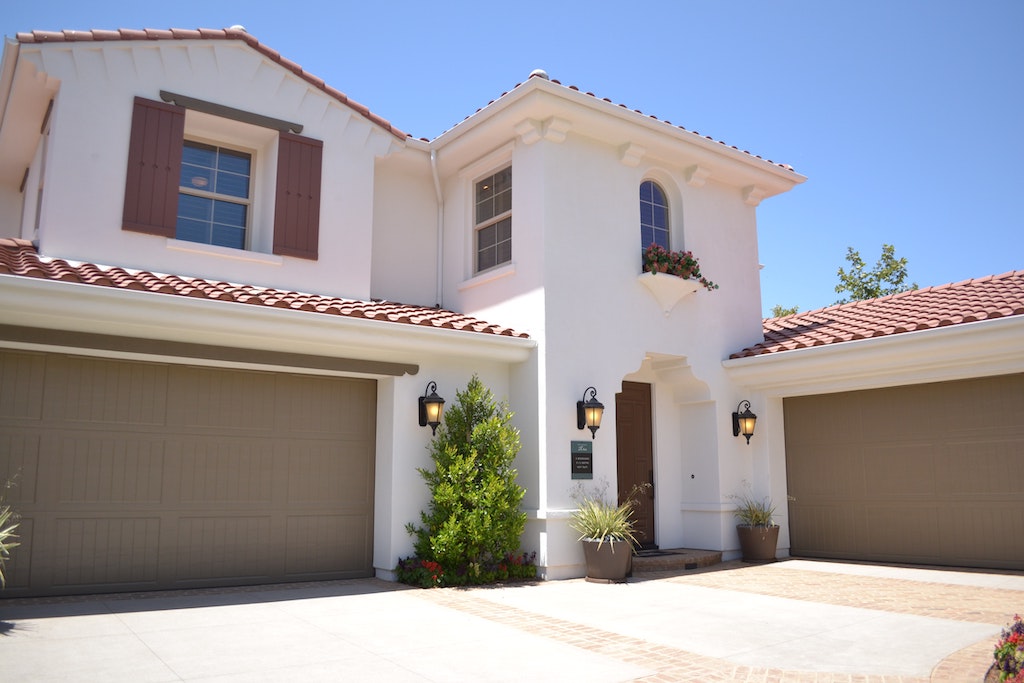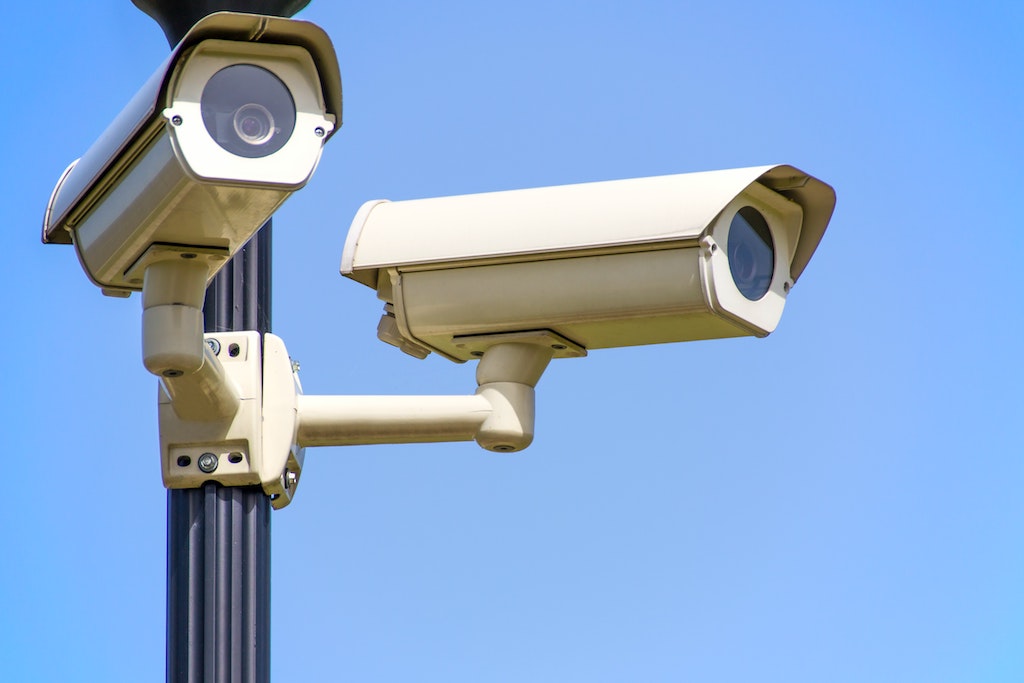Delving into home security systems, you will see various devices and solutions designed to protect your sanctuary. These systems, which come in many shapes and sizes, equip homeowners with the tools to guard against break-ins, fires, and other emergencies. The spectrum of home security systems encompasses an assortment of operational procedures, features, benefits, and various considerations, all of which hold the power to inform and empower homeowners as they make choices to secure their homes.
What is a home security system?
A home security system is an interconnected network of devices working together to secure property against various threats. The core of these systems typically includes control panels, sensors, alarms, and cameras. Other features, such as smoke detectors, water leak detectors, and home automation devices, can be integrated depending on the system.
Home security systems can be broadly classified into five categories: monitored security systems, unmonitored security systems, wired security systems, wireless security systems, and smart home security systems. Each system has strengths and weaknesses tailored to different lifestyles, budgets, and security needs.
Importance of home security systems
Home security systems serve as a crucial defense mechanism in an era of rising crime. They provide several essential benefits.
- Deter potential intruders: The presence of security systems can dissuade potential burglars. A study by the University of North Carolina found that about 60% of convicted burglars would avoid homes with security systems.
- Provide quick emergency response: Security systems can quickly alert you and emergency response services to potential issues, whether a break-in, fire, or medical emergency, facilitating a rapid response.
- Reduce homeowner’s insurance: Many insurance companies offer significant discounts on home insurance premiums to homeowners with security systems.
- Peace of mind: Perhaps the most invaluable benefit is the peace of mind knowing that your home and loved ones are safe.
Monitored security systems
Monitored security systems provide comprehensive protection by connecting your home security system to a professional monitoring center. These systems are robust, reliable, and designed to alert professionals when an alarm is triggered.
Features and components of monitored security systems
- 24/7 monitoring: Professional security experts monitor your home round the clock. In the event of a triggered alarm, they can assess the situation and contact the appropriate authorities, whether it’s the police, fire department, or a medical response team.
- High-decibel alarms: These loud alarms are designed to alert residents and neighbors of potential danger and deter intruders.
- Sensors: Monitored systems include a range of sensors, from door and window sensors to motion detectors and glass break detectors. These sensors trigger the alarm when breached.
Considerations
While monitored systems offer comprehensive protection and the assurance of professional support, they come with ongoing monthly fees. Some providers may require you to enter into a long-term contract, which could pose a challenge if your circumstances change. Also, depending on the system, you may need a reliable landline or broadband connection.
Unmonitored security systems
Unmonitored security systems, also known as self-monitored systems, put home security control in the homeowner’s hands. If an alarm is triggered, the system alerts the homeowner, typically via a smartphone notification, rather than a monitoring center.
Features and components of unmonitored security systems
- Direct alerts: When an alarm is triggered, the system sends alerts directly to the homeowner’s smartphone, allowing them to decide what action to take.
- Local alarms: These systems typically include high-decibel sirens to alert those nearby of a potential security breach and to scare off would-be intruders.
- Sensors: Similar to monitored systems, unmonitored systems include a variety of sensors like door/window sensors, motion detectors, and more.
Considerations
Unmonitored systems are generally cheaper than monitored ones as they do not incur monthly monitoring fees. They offer more flexibility and are great for renters or frequent movers. However, they place the onus of contacting the authorities on the homeowner, which could be problematic if the homeowner is not always available to respond to alerts.
Wired security systems
Wired security systems have long been the standard in home security. As the name suggests, these systems rely on physical wires to connect the various security components to the control panel.
Features and components of wired security systems
- Reliable connection: Wired systems use a direct, physical connection, making them less susceptible to interference than wireless systems.
- Broad device support: Wired systems can support many devices, including sensors, high-decibel alarms, and surveillance cameras.
- Battery backup: In the event of a power outage, most wired systems have battery backups to ensure continuous operation.
Considerations
Wired security systems are often considered more reliable due to their direct connections. However, the requirement for running wires through your property can make installation more complex and intrusive, often requiring professional assistance. Furthermore, wired systems are susceptible to being disabled by cutting the system’s wires, although this requires a certain level of sophistication from intruders.
Wireless security systems
Wireless security systems represent the evolution of home security technology. Instead of using physical connections, these systems use radio frequency signals or Wi-Fi to connect the security components to the control panel.
Features and components of wireless security systems
- Easy installation and removal: Wireless systems are typically easy to install and can be removed without hassle, making them ideal for renters.
- Remote control: Most wireless systems offer remote control via a smartphone app, allowing homeowners to arm or disarm the system, receive alerts, and even view live camera feeds from anywhere.
- Expandability: Additional devices like extra cameras or sensors can be easily added to a wireless system, allowing customization based on your home’s specific needs.
Considerations
Wireless systems offer flexibility and ease of use but depend on a strong and reliable Wi-Fi signal. A wireless security system may not operate reliably if your home has spotty Wi-Fi coverage. Additionally, these systems can be susceptible to signal interference, potentially disrupting security coverage.
Smart home security systems
Smart home security systems are the next evolution in home security. These systems protect your home and integrate with a range of smart home devices, allowing for enhanced control and convenience.
Features and components of smart home security systems
- Home automation: Smart home security systems can integrate with other smart devices like lighting, thermostats, and smart locks, allowing for a cohesive and convenient home experience.
- Real-time alerts and remote access: Like wireless systems, smart systems allow homeowners to receive alerts and control the system remotely through a smartphone app.
- Customizable: Smart systems are highly customizable, enabling homeowners to select and integrate the devices that best suit their needs.
Considerations
While smart home security systems offer cutting-edge technology and features, they are generally more expensive than traditional systems. They also depend heavily on Wi-Fi, which could be a disadvantage in homes with unreliable internet service. Additionally, compatibility issues may arise, as not all smart devices work with all systems.
DIY vs professional installation
Installing a home security system is a critical step in ensuring its effectiveness. Here, homeowners have two primary options: DIY installation or professional installation.
DIY installation
DIY installation is often preferred by those comfortable with technology who wish to save on installation costs. Wireless and smart home security systems are typically the most suitable for DIY installation due to their easy setup.
However, DIY installation does require time and effort from the homeowner. Improper installation could lead to system malfunctions or weak security coverage. Follow the manufacturer’s instructions closely and ensure all components are working correctly.
Professional installation
Professional installation ensures the system is installed correctly and optimized for your home’s layout. Professionals can also provide valuable advice and answer any questions about operating the system. Wired security systems often require professional installation due to the complexity of running wires throughout the home.
However, this service usually costs additional, and the installation schedule can be a hassle. Moreover, the installation process might be more invasive, especially wired systems.
Selecting the right home security system depends on numerous factors – your budget, lifestyle, comfort with technology, and the specific security needs of your home. Considering these factors and weighing the pros and cons of each system type, you can choose a solution that offers peace of mind and protection. Whether you choose a monitored system for round-the-clock professional oversight or a smart home security system for the latest in home automation, remember that the best system for you meets your unique needs and ensures the safety and security of your home.




